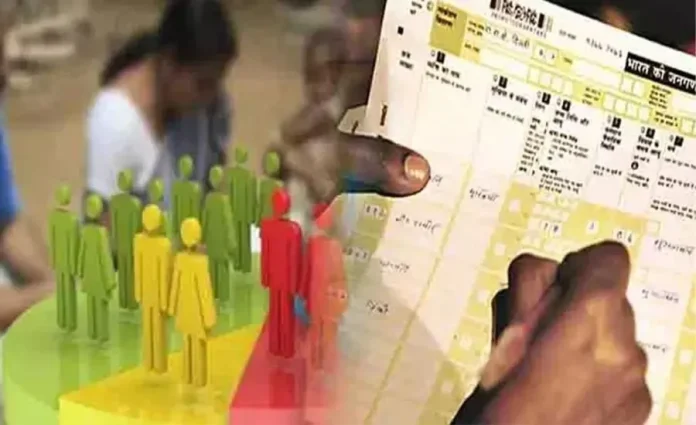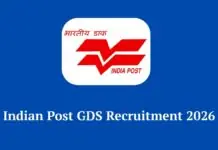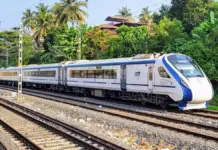Taking a big decision in the meeting of the Cabinet Committee on Political Affairs chaired by Prime Minister Narendra Modi on Wednesday, approval was given to include caste census in the upcoming census.
Giving information about the decisions of the meeting, Union Minister Ashwini Vaishnav said that under the leadership of Prime Minister Narendra Modi, it was decided that the counting of castes will now be a part of the official census. Apart from the Prime Minister, this important committee includes Defense Minister Rajnath Singh, Home Minister Amit Shah, Road Transport Minister Nitin Gadkari, Finance Minister Nirmala Sitharaman and Commerce Minister Piyush Goyal.
What is caste census?
Caste Census simply means – not limiting the population of the country to the total number only, but also counting how many people belong to which caste. That is, the government should have clear data of the population of every caste. This makes it easier to know how many castes are there and how much benefit they are getting according to their participation in government schemes or not.
When did caste census take place in history?
The last official census on the basis of caste in India was done in 1931 during the British rule. After that, the census is done every 10 years since 1951, but castes are not counted in it. Yes, the population of SC-ST (Scheduled Caste and Tribe) is definitely recorded. But the OBC (Other Backward Classes) has never been counted, even though this is also a big section that gets reservation.
Why were OBCs not counted?
Since independence, the governments have argued that caste-based census can increase social tension and caste politics can dominate instead of the country’s development. But with time, the demand started rising that when SC-ST census can be done, then why not OBC?
Why did the demand for caste census increase?
Strengthening the basis of reservation:
OBCs have got reservation in government jobs and education. But it is not decided what is their population. Without caste data, the reservation policy is considered incomplete.
- Adequate representation:
If a caste has a higher population but is getting less political or economic participation, then they need to be counted to correct this imbalance. - The benefits of the policies should reach the right people:
If the government schemes are made on the basis of real data, then the benefits will reach the right class for which the scheme has been made.
Even before this, many regional parties and social organizations have been demanding caste census. Even the Supreme Court had said in a decision that if reservation is to be given to OBCs, then accurate caste data is necessary.















